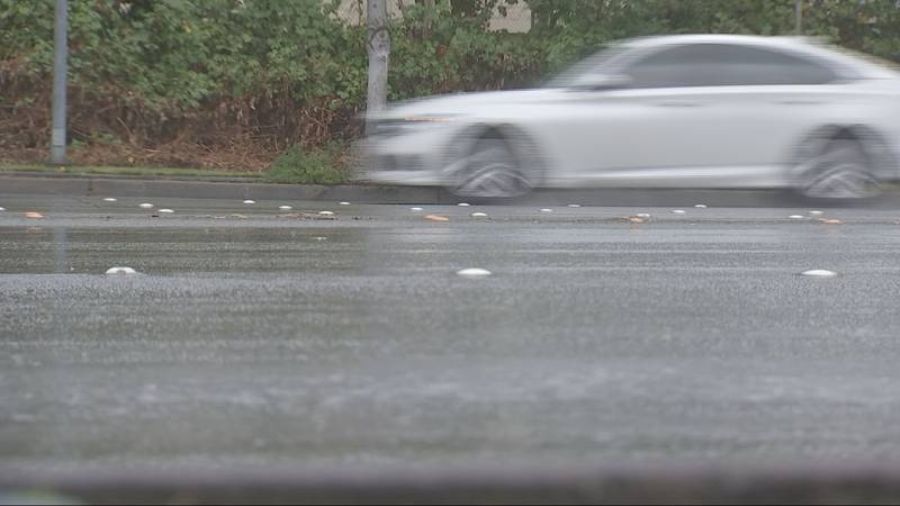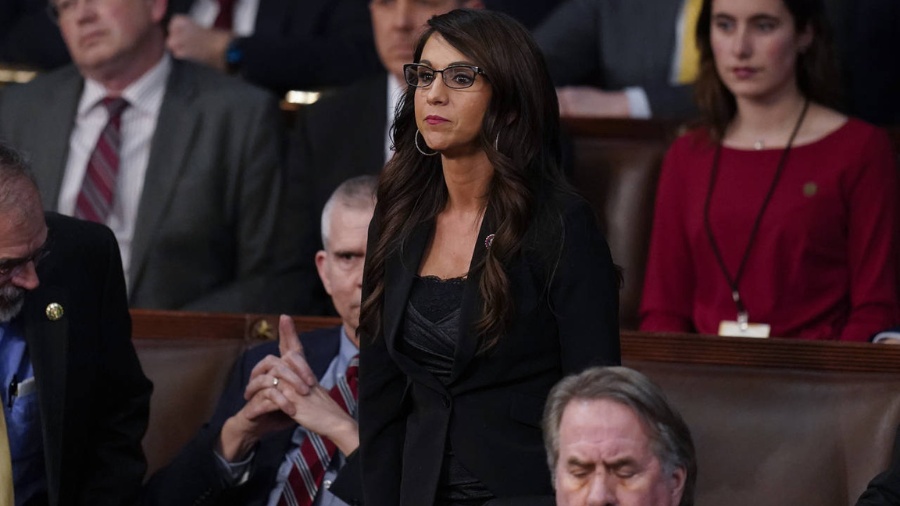‘Another tool for the toolkit’: Can social housing initiative help make Seattle more affordable?
Apr 21, 2022, 10:56 AM

(MyNorthwest photo)
(MyNorthwest photo)
A new social housing initiative has started collecting signatures to get on the November ballot in Seattle, as a measure its creators say can provide a much-needed resource for the city’s growing struggles with affordability.
New Seattle ballot initiative would look to tackle homelessness with ‘social housing’ model
Social housing is common in European countries, most prominently in Vienna, Austria, where it comprises roughly 40% of the city’s housing. A Seattle iteration being proposed in Initiative 135 by a group known as House Our Neighbors would establish a new standalone authority known as the Seattle Social Housing Developer, functioning outside the city’s government to build and maintain affordable, high-quality living spaces for people across a wide range of backgrounds, spanning 0% to 120% of median area income.
In a city where the cost of housing has continued to skyrocket — and where residents have recently voiced concerns over being priced out — the group behind I-135 believes that it could provide a crucial salve.
“This is another tool for the toolkit in response to a dramatically-rising housing crisis here,” Seattle University public affairs professor and I-135 campaign advisor Zach Wood told KIRO Newsradio.
“The idea of the public housing programs that we’re used to in the United States serves essentially the 0 to 30% (area median income),” he continued. “What social housing does is actually expand that quite a bit to say, one, we want to continue to serve the poorest of the poor income levels, but we also want to develop much more robust and cohesive communities for middle income — that is absolutely attached to the affordability crisis.”
If it gets approved by voters and implemented, the initiative would take shape in a few ways, starting with the public developer working to acquire and construct buildings to house these new affordable units. Those living in existing buildings acquired by the developer will be able to stay, “and as they leave on their own volition, those units will be opened up to the income ranges included in the program,” House Our Neighbors Campaign Co-Chair Tiffani McCoy described.
From there, the developer would “look at each building that it acquires or builds” to determine the loan balance needed to pay off purchases, the cost of ongoing operations and maintenance, and then determining the “different income brackets between 0 to 120% that we can actually serve.”
New buildings will then fill units with a lottery system, open to anyone living or working in Seattle. They will then be selected at random “based on what income levels can be served in each building.”
“Then people will move in, and they can stay there however long they want to,” McCoy described.
For anyone who eventually exceeds the range of incomes needed to enter the social housing program, they will still be able to stay, albeit while paying “a little bit more rent,” with those extra dollars going toward subsidizing those on the lower end of the income bracket.
Seattle council looks to catch up on affordable housing data
“These are going to be vibrant communities,” McCoy said. “We want people to own this and live in their community and be part of it forever, or as long as they want to be; this isn’t a stepping stone. We just see this as a mechanism where you can live here, this is your home, this is your community, whereas right now, renters are usually moving yearly based on rent increases.”
As for whether it can adequately address Seattle’s homeless crisis, McCoy notes that social housing is not designed to be “a silver bullet” that will get people off the streets immediately.
What it can do, she posits, is prevent homelessness from occurring down the road.
“This isn’t going to magically solve homelessness,” McCoy clarified. “But can we start preventing homelessness from happening, and all of the costs and the mental toll on individuals that that takes? We absolutely can, if there is the political will to fund this and to get behind this as another mechanism to solving the crisis.”
Listen to Seattle’s Morning News with Dave Ross and Colleen O’Brien weekday mornings from 5 – 9 a.m. on KIRO Newsradio, 97.3 FM. Subscribe to the podcast here.













